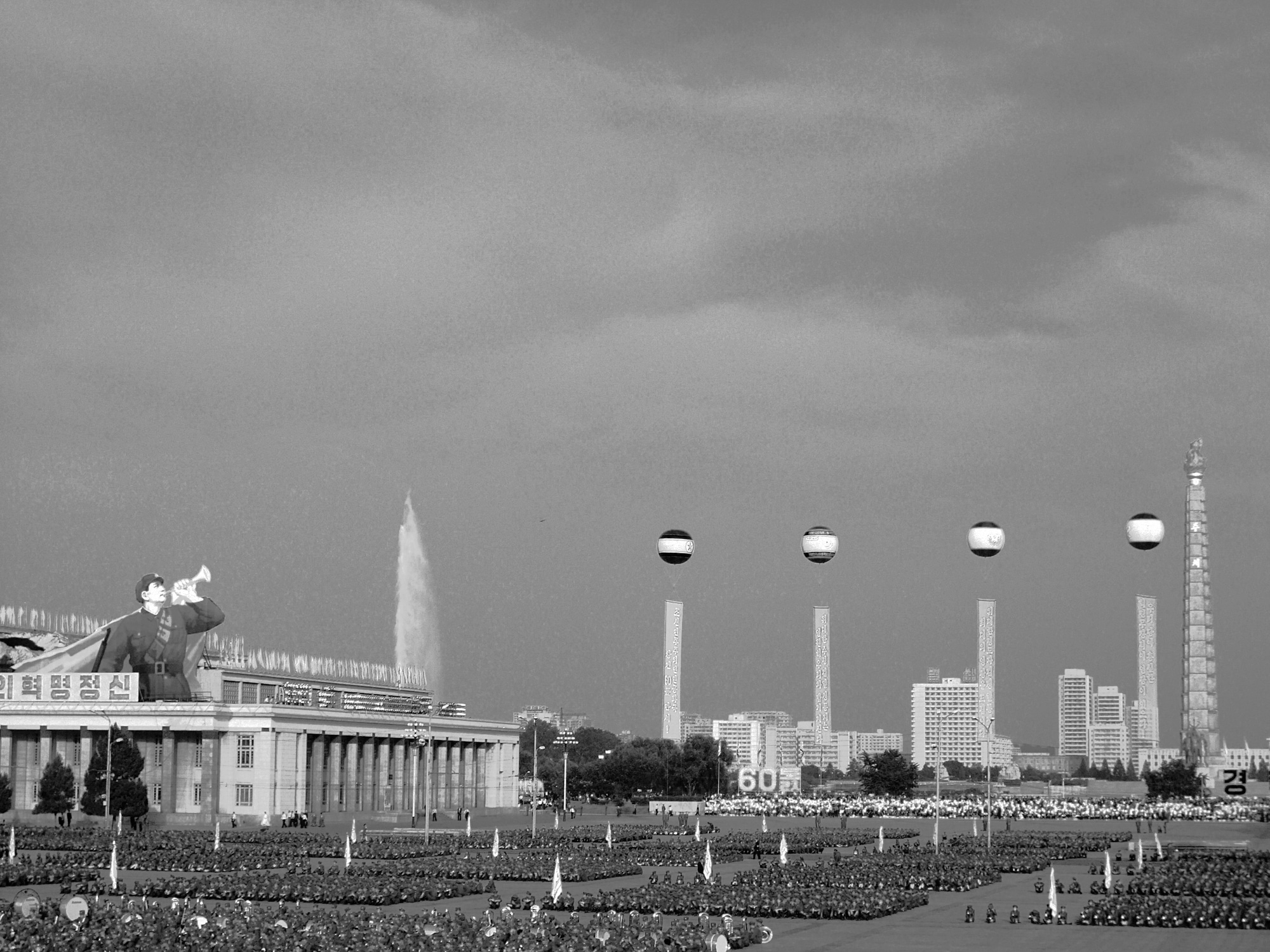The new paper on the energy crisis in Turkish Policy Quarterly by Tazebao’s founder Lorenzo Somigli
The dramatic energy crisis exposes a severe weakness in European and Italian politics, totally unprepared for an external shock. Moreover, decarbonization must be gradual; otherwise, the social and productive system will collapse. While renewable energies are insufficient to totally replace fossil fuels, gas will continue to be essential for the foreseeable future, but its price will remain high.
However, geopolitical trouble exists. Gas – like wheat – is a significant component of Moscow’s foreign policy. Europe seeks to limit Russia, which still sees itself as an imperial power – the post-Soviet space is precarious – but it lacks the independence to fight on equal terms. Italy imports over 40 per cent of gas from Russia (30 billion cubic metres every year).
The war in Ukraine and the ensuing sanctions push precious Russian gas into new markets. As a result, Russia, China and even Iran are getting closer. Moreover, the Russians would like to impose only ruble payments for gas, bypassing sanctions and devaluation. The old “Heartland” is closing ranks.
For this reason and more, Mediterranean gas infrastructure is strategic: TAP and Levantine reservoirs are even more valuable. Therefore, Italy must work to diversify energy sources (gas, old and new generation nuclear, renewables, and hydroelectric) and diversify the supply sources of each, starting with gas. However, it will take at least three years to replace Russian gas.
Read full text in TPQ: http://turkishpolicy.com/blog/80/the-mediterranean-option-in-energy
The previous paper: Energy crisis in Italy: the end of a model? – Il Tazebao




